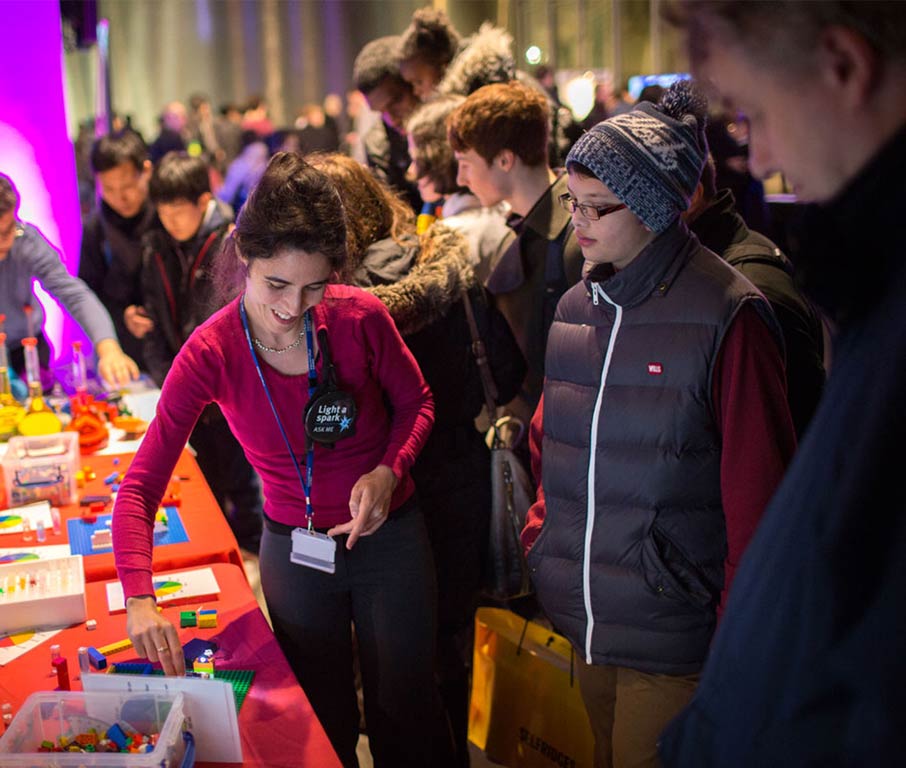Most individual CCS technologies require careful modelling of several components (physical and thermodynamic property predictions, reaction engineering modelling, combined reaction and transport modelling, modelling of process equipment for reactions, separations etc, control and operability analysis, technical, economical, environmental impact and performance modelling, etc.).
In each of these areas we interact with experimentalists and domain specialist to:
- help design experiments, analyse complex data, identify and statistically verify models
- build models of individual components within suitable engineering simulation languages for ease of use
- use the models to assess and improve proposed designs, and to identify novel designs, through sophisticated simulations and advanced optimisations
We have world leading core research and expertise on the development of numerical methods, rapid model development and design of experiments, and development of advanced simulation languages
2] Invariably CCS technologies involve not just the development of individual novel components but their careful orchestration in overall processes, usually rather complex, taking into account technical, economic and environmental impact tradeoffs.
We have developed and continue research on sophisticated methods for assembling models at multiple scales of definition, from molecular descriptions, to micro and meso scale, all the way to complex supply chain networks at country, region and global levels. Particular multiscale techniques allow studying the overall behaviour and impact of complex configurations, addressing equipment scaling up/scaling down issues, product quality issues, the analysis of complex parametric solutions and tradeoffs optimisation, establishing the best balance between centralised and decentralised solutions, assessing risks.
